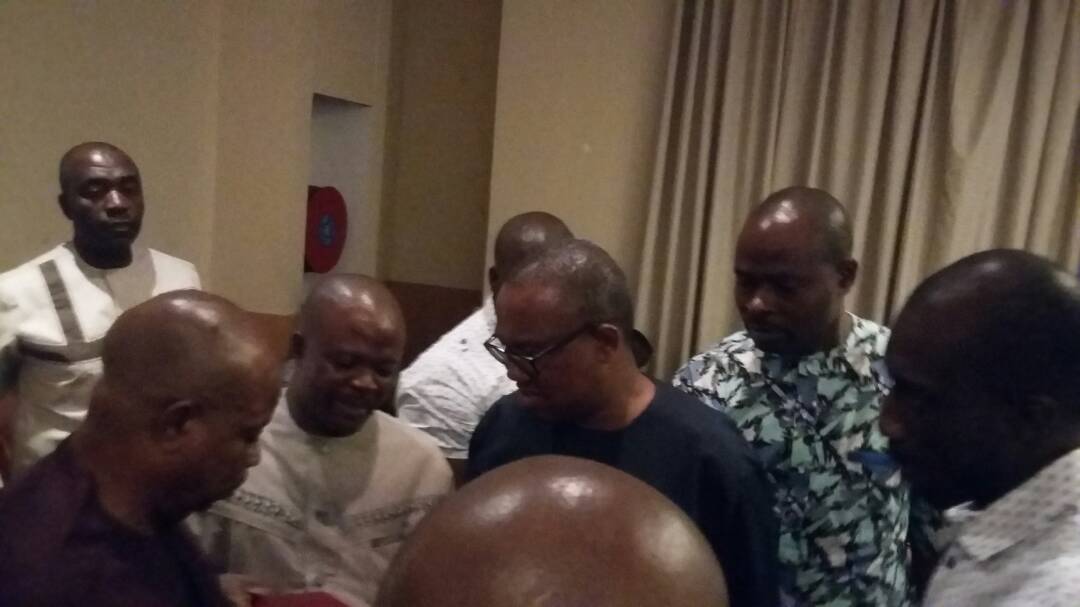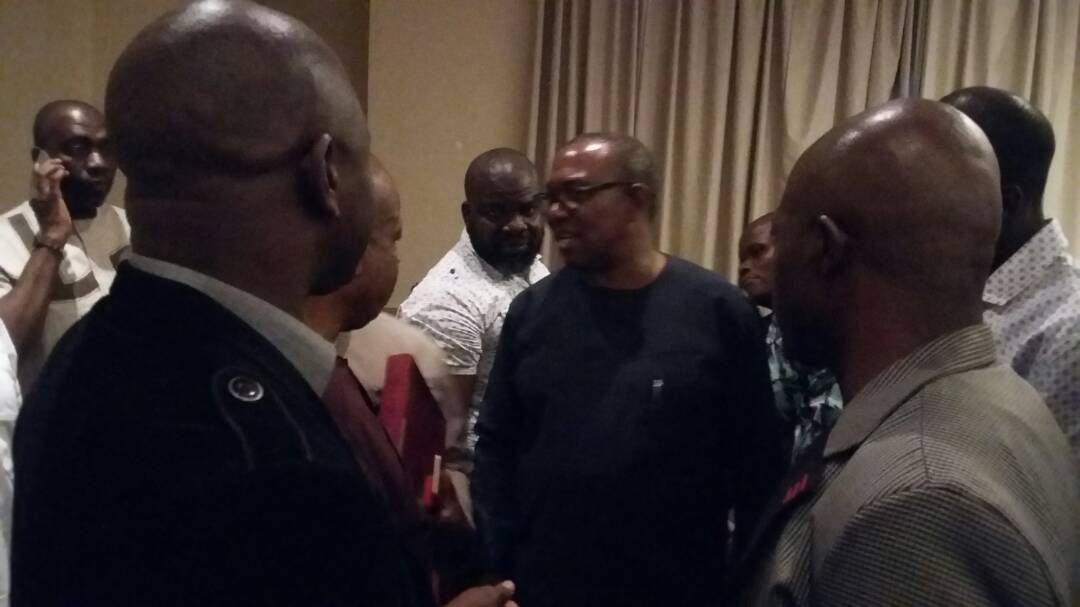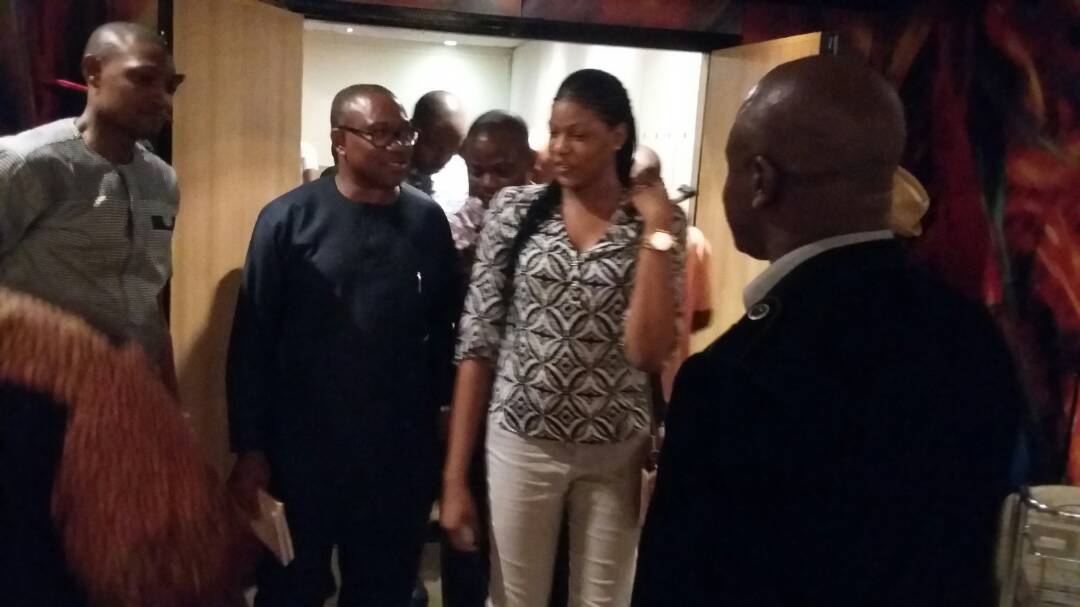The Lagos Deep Offshore Logistics base (LADOL), is partnering leading business promoters and conglomerates in developing a workable business outlook that is likely to provide over $12 trillion in new market value as well fix the declining global economic system within a stipulated time frame of 10 years.
This was made known from the resolution of a business conference in London, United Kingdom (UK) at the weekend. The group which operates with the name, Business and Sustainable Development Commission (BSDC), raised the optimism that sustainable business models could open economic opportunities of a high value while also creating over 380 million jobs every year by 2030.
The BSDC which was launched in Davos in January 2016, has the Managing Director of LADOL Dr. Amy Jadesimi as a member from Nigeria alongside other 36 leaders drawn from business, finance, civil society, labour, and international organizations across the world.
The Commission has a twin objective of mapping the economic prize that could be available to business if the United Nations (UN) Sustainable Development Goals are achieved, as well as highlighting how businesses can contribute to delivering such goals.
According to a report released by the BSDC, the next decade would be critical for companies to open sixty key market “hot spots,” tackle social, environmental challenges, and re-build trust with the society at large.
It further pointed out that putting the Sustainable Development Goals, otherwise called Global Goals, at the heart of the world’s economic strategy could “unleash a step-change in growth and productivity, with an investment boom in sustainable infrastructure as a critical driver”.
It however noted that “this will not happen without radical change in the business and investment community. Real leadership is needed for the private sector to become a trusted partner in working with government and civil society to fix the economy”.
Commenting on the goals of the Commission, Dr. Jadesimi, a member of the global body urged members to demonstrate commitment to the ideals of the report, beyond making it a mere paper work. “We need to show these ideas work not just in a report but on the business frontline,” said added.
In its inaugural report tagged ‘Better Business, Better World’, the Commission recognizes that “while the last few decades have lifted hundreds of millions out of poverty, they have also led to unequal growth, increasing job insecurity, ever more debt and ever greater environmental risks.
“This mix has fueled an anti-globalization reaction in many countries, with business and financial interests seen as central to the problem, and is undermining the long-term economic growth that the world needs”.
The Commission has spent the last year exploring how to address the question, “What will it take for business to be central to building a sustainable market economy—one that can help to deliver the Global Goals?”
The body is however optimistic that its report tagged “Better Business, Better World” which is timed with the World Economist Forum in Davos and the U.S. presidential inauguration, would adequately provide the needed answer.
Commenting on the report, Chairman of the BSDC Mark Malloch-Brown, noted that “this report is a call to action to business leaders. We are on the edge and business as usual will drive more political opposition and land us with an economy that simply doesn’t work for enough people. We have to switch tracks to a business model that works for a new kind of inclusive growth.
“Better Business, Better World shows there is a compelling incentive for why the latter isn’t just good for the environment and society; it makes good business sense”, he added.
Continuing, he said “at the heart of the Commission’s argument are the Sustainable Development Goals (or Global Goals)’s seventeen-pronged objectives: to eliminate poverty, improve education and health outcomes, create better jobs and tackle our key environmental challenges by 2030.
“The Commission believes the Global Goals provide the private sector with a new growth strategy that opens valuable market opportunities while creating a world that is both sustainable and inclusive. And the potential rewards for doing so are significant” he said.
The group further noted in its release that: “Global Goals hot spots” identified in the report have the potential to grow 2-3 times faster than average GDP over the next 10-15 years”.
It pointed out that “beyond the US$12 trillion directly estimated, conservative analysis shows potential for an additional US$8 trillion of value creation across the wider economy if companies embed the Global Goals in their strategies”.
However, the core of the report focused on 17 Sustainable Development Goals, described by the United Nations as a “universal call” to put an end to poverty, protect the planet and create an environment where people enjoy both peace and prosperity.







